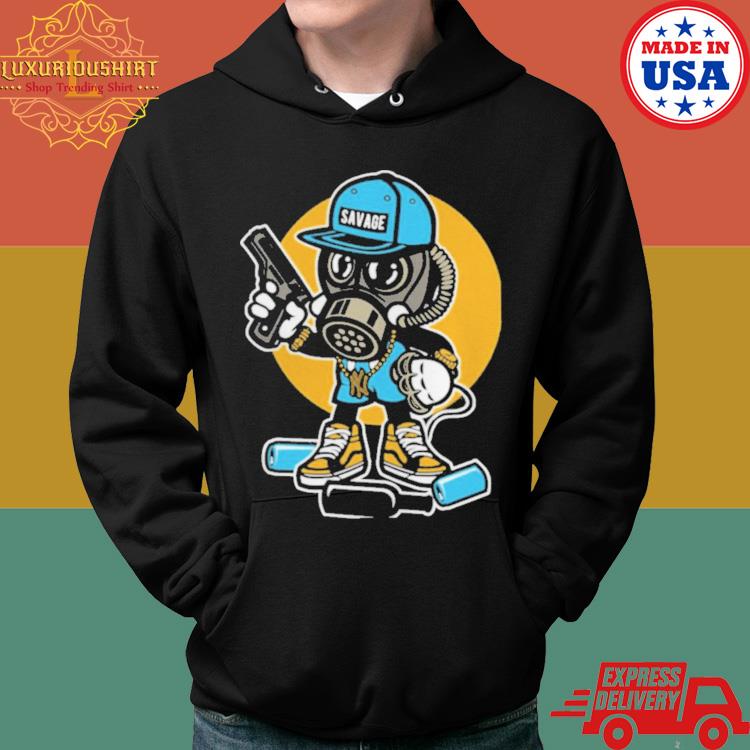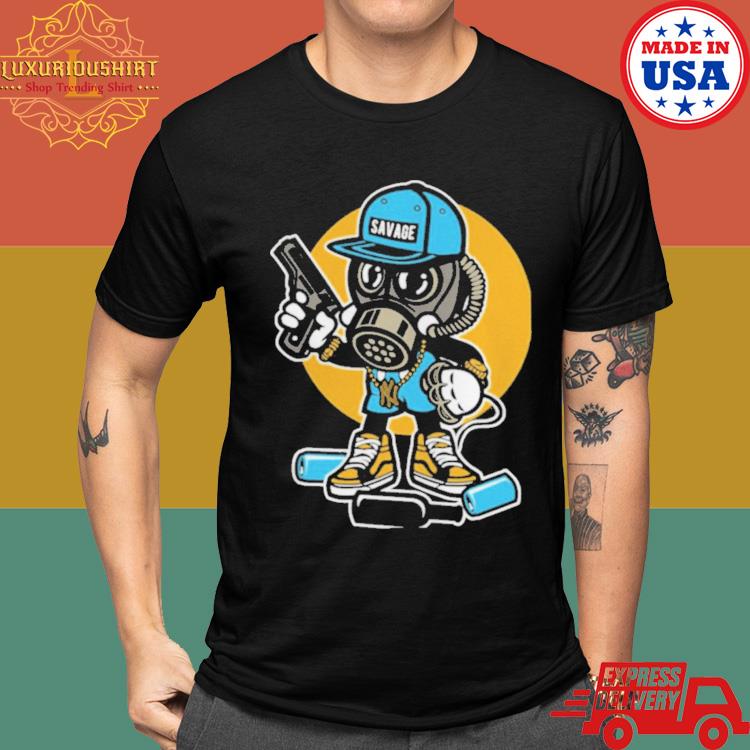Cool Chibi Art Savage 21 Savage Rap Hip Hop Shirt
Buy this shirt: Click here to buy this Official Cool Chibi Art Savage 21 Savage Rap Hip Hop Shirt
Luxurioushirt is a Startup Merchant that gives everyone the power to offer print-on-demand for their images on their own products. Our print-on-demand brand offers to print on apparel and sends them all over the world. We are specialized in short run printing, so it is possible for the customer of the platform to make an order easily and quickly. Our print facilities only print professional products and all of the high-quality products. We offer both screen and digital printing and have a good price for clients. Furthermore, we also own a professional design team to offer pretty designs for the customer with no worry.

Official Cool Chibi Art Savage 21 Savage Rap Hip Hop Shirt meaning:
10th and final years of eligibility and face an uphill battle getting elected through a veterans committee. A similar fate awaits steroid-tarnished star Alex Rodriguez, who hit the Official Cool Chibi Art Savage 21 Savage Rap Hip Hop Shirt Furthermore, I will do this fourth most home runs (696) but who is poised to languish on the ballot. The greatest players should be enshrined based on their merits. It’s disingenuous for Hall of Fame voters — or fans, for that matter — to look down on a few select players, decrying them for “cheating the game” while giving a free pass to others who were secretly doing the same things. David Ortiz elected to Baseball Hall of Fame JAN. 26, 202211:15 The hypocrisy is especially thick in the case of former commissioner Bud Selig, who was elected in 2016 through the Today’s Game Era Committee, even though his ostrich-like response to steroids aided their proliferation in the game. Reading Selig’s Hall of Fame plaque is an exercise in omission. The words “steroids” and “performance-enhancing drugs” aren’t mentioned anywhere, not even to reference that testing was instituted during his tenure as commissioner. The omission is fitting for the Hall of Fame’s plaque gallery, which in recent years has turned into a giant game of “did they, or didn’t they?” The truth? We don’t know. We have no idea how many Hall of Famers from the 1980s, 1990s and early 2000s used performance-enhancing drugs. But they all played when steroids were awash in the game. They all could have used them. Baseball was not drug testing players back then, and beyond morality and the legal and health risks, there weren’t enough good reasons not to use. Players used steroids, synthetic derivatives of the male sex hormone testosterone, to build muscle and bounce back quicker from injuries. They used performance-enhancing drugs to secure contracts and remain in the majors. FOMO, or fear of missing out, was a contributing factor to the

Comments
Post a Comment